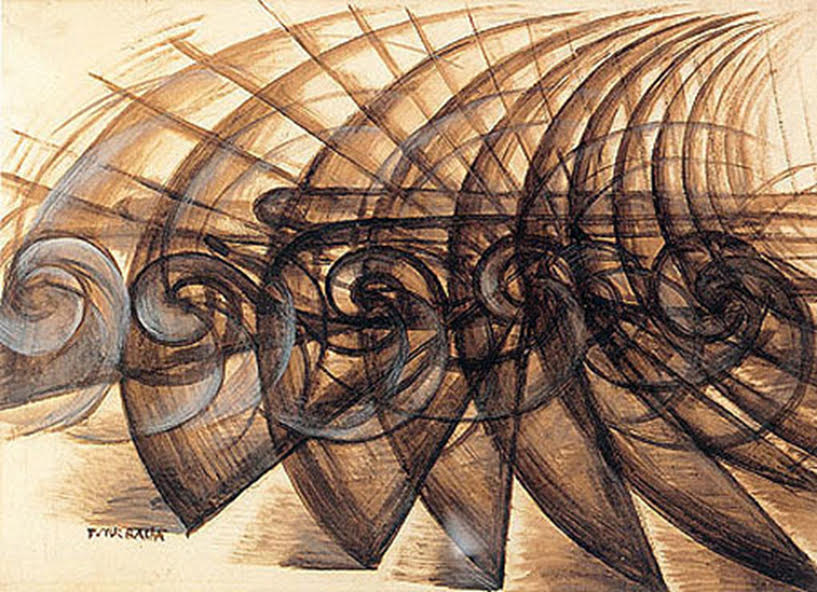Philosophical Invention & the Silence of the Future Instructor: Anne-Françoise Schmid, Tony Yanick, Joevenn Neo Date & Time: Saturday, September 22, 29, October 13, 20, 27, November 3, 10, 17 11 AM - 1:30 PM EST

DESCRIPTION This seminar is concerned with redefining the relationship between the future and philosophy. We will study how the future is not only a time, supposed to occur after the past and the present, but above all a modality capable of intervening in the present. If we do not know the future in its forthcoming developments, we know intimately that this unknown will introduce changes in our present.
Philosophical invention is implicitly motivated by the call of the future. But this is an imagined future, and rather inchoative, with snatches and sketches of images, time and places; a general idea that motivates invention. These fragments of the future, partly unknown and never completely given, are what allows a philosophy to inhabit space and time, and to find its individuation among other philosophies. The future that often gives rise to apocalyptic or science-fiction narratives is one already determined and received from the outside. However, the kind of future that stimulates philosophy is not engaged with existing narratives, but with the diversity of modes of invention of philosophy itself and of the imagination and fiction peculiar to them. Philosophical invention cannot be separated from the future, but this is a future that resists narration, and which, from this point of view, contains a driving charge of silence.
The seminar is both a review of existing literature regarding the connections between philosophy and future and a forum for generating new associations between the two realms. Throughout the seminar, students will work individually and collaboratively to work on practical exercises concerning the following:
Considering the future does not depend on any discipline and it can be apprehended by each. We propose exercises of philosophical invention, of which we will give elements of methods, from future developed by the students according to their discipline of origin and/or their activity.
The Instructors have previously worked with each other to arrive at the concepts presented inn this seminar. Ann-Francois Schmid and Lucy Rekab have developed theoretical means for new solidarities between art and philosophy (Liverpool, 2018). Schmid and Tony Yanick have developed a dispersive negation in contemporary integrative objects, those that do not support synthesis, to invent by abduction new links between these objects and philosophies (Milwaukee 2017 and Lisbon 2017). Joevenn Neo works on Schmid’s principal concepts in philosophy of sciences and is translating her latest book (Philosophical Scripts). These four instructors will work together according to their skills, in order to respond and deepen the problems proposed by the students.
REQUIREMENTS: The seminar is composed of eight two and a half hour sessions, each of which will be conducted as an extended seminar. Readings will be set for each week, and students will be expected to write 400 words on some aspect of the week’s topic in advance. During this period material written by the participants about the previous week will be discussed alongside the set material. Both the reading list and the student’s responses will be posted to the google classroom page for everyone to read and comment on, providing some preliminary threads for the group discussion. The final assessment will consist of an extended essay on a topic agreed upon with the instructor in advance.
Image: Giacomo Balla, Speed of a Motorcycle, 1913
You cannot enroll in this Seminar because it has already been completed. To become a Monthly Memebr of The New Centre and watch the related videos, click here to go to PayPal and subscribe:
To see The New Centre Refund Policy CLICK HERE.
To see The New Centre Refund Policy CLICK HERE.